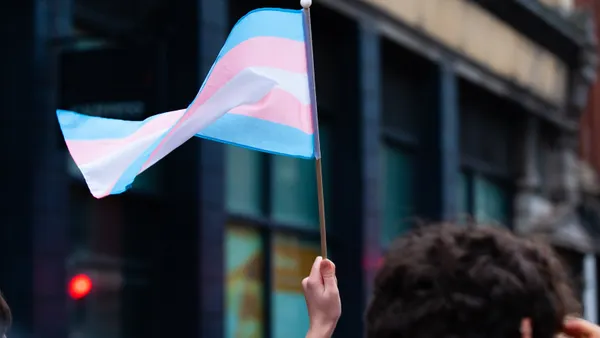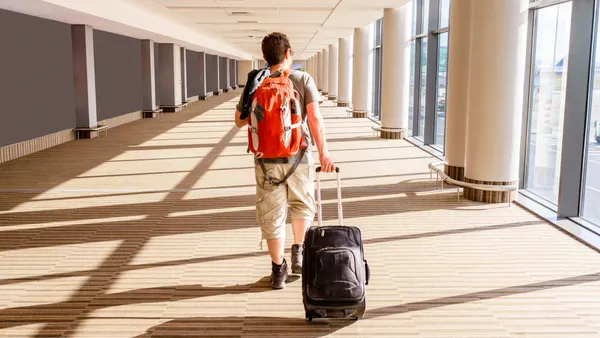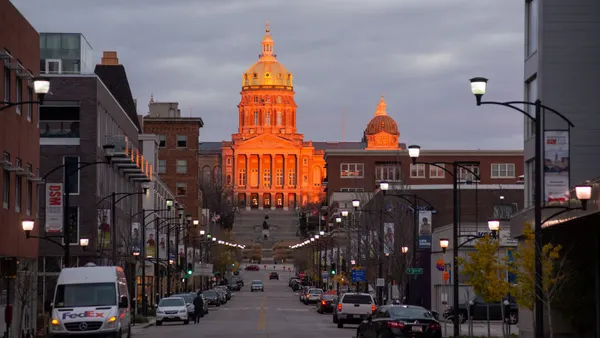Dive Brief:
- Under a new law passed Wednesday by Boston City Council, colleges and universities in the city must turn over the addresses of every student living off campus, which will allow the city to track down overcrowded housing violations.
- The overcrowding issue was detailed in a Boston Globe investigation and has created fire hazards and increased complaints for issues like mold, mice, and inadequate carbon monoxide detectors.
- Boston College, Northeastern University, and 24 other schools started providing the addresses voluntarily this summer, and already the city has found that about 2,000 students are living in conditions considered “at risk” for overcrowding, the Globe reports.
Dive Insight:
The death of a Boston University student in an off-campus apartment fire last summer drew attention to the overcrowding problem, but most schools initially opposed turning over the addresses to the city, citing student privacy concerns. Boston’s zoning laws limit apartments to four full-time students per unit. From 2006 to 2013, the number of undergraduate and graduate students living in off-campus housing in the city has jumped 36% to more than 45,000. Under the new law, the higher ed institutions have to provide student apartment addresses and unit numbers, and identify each student as an undergraduate or graduate student, by Nov. 15 every year and within 45 days of the beginning of a semester or quarter.












